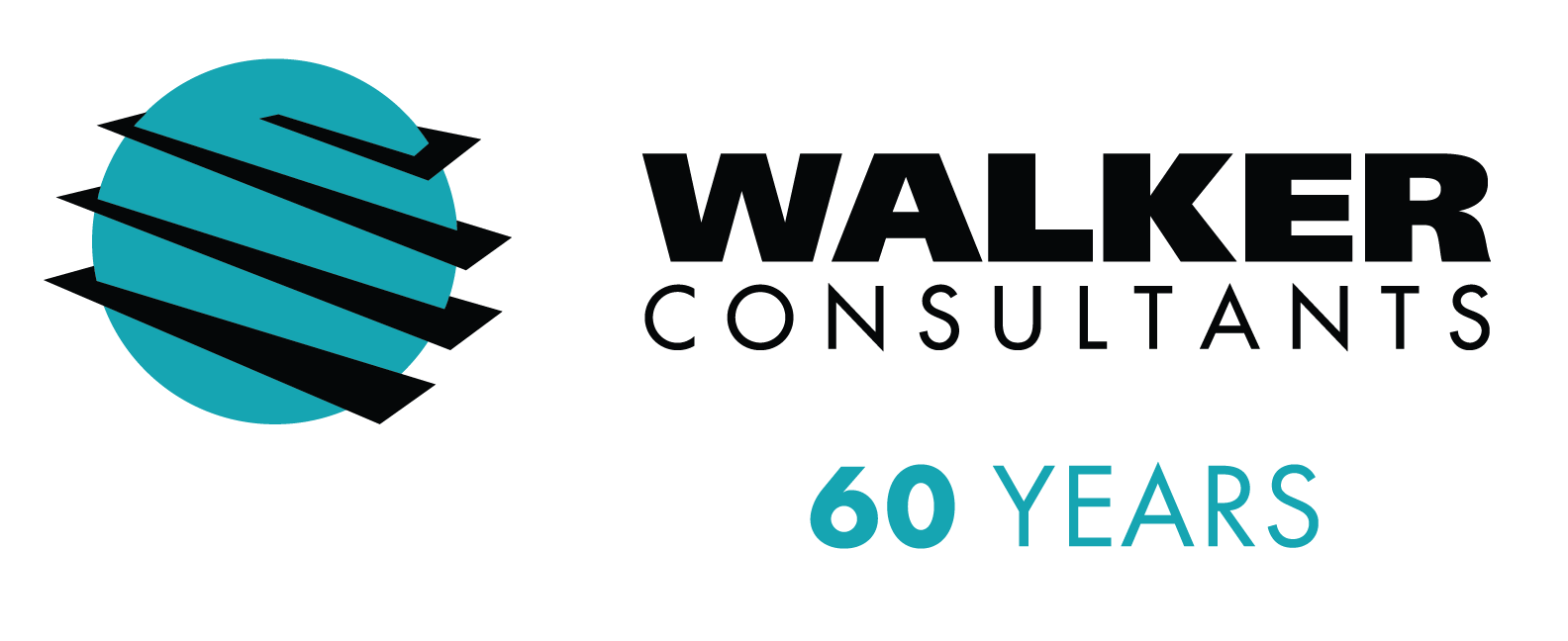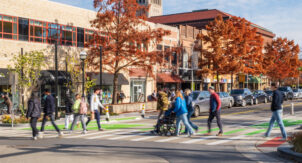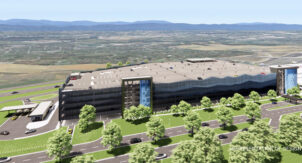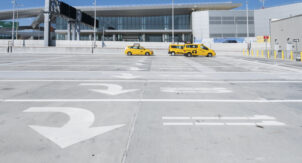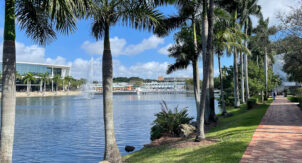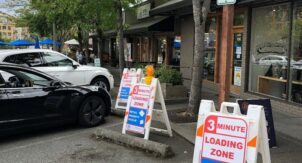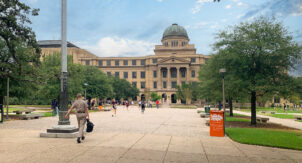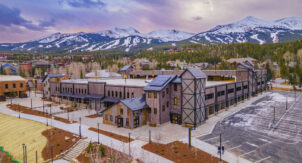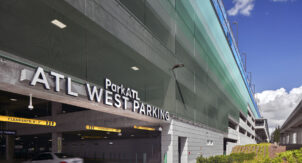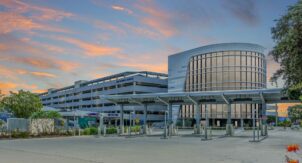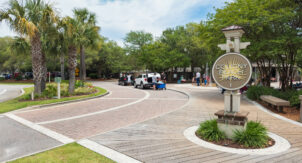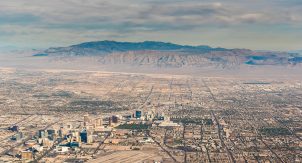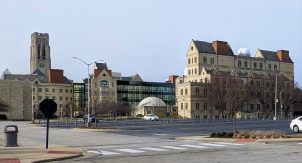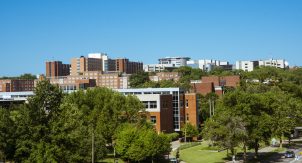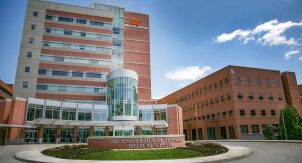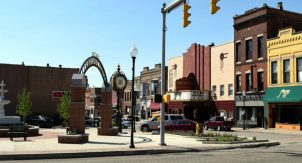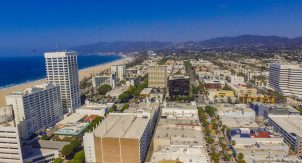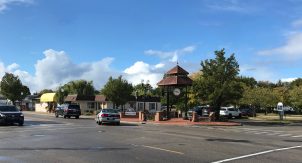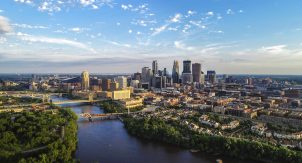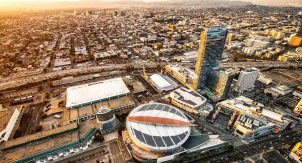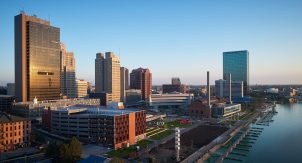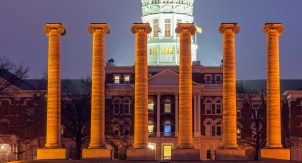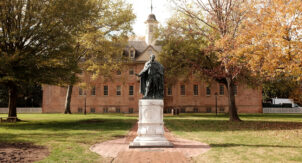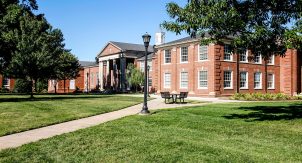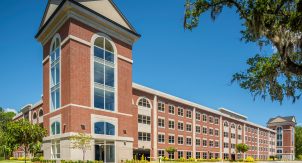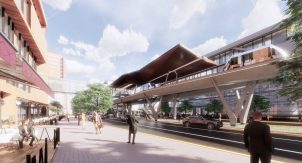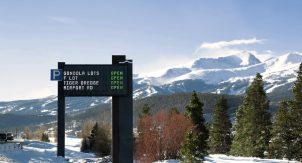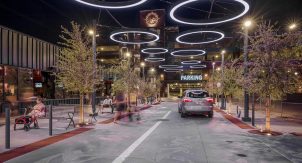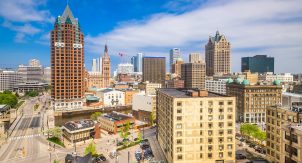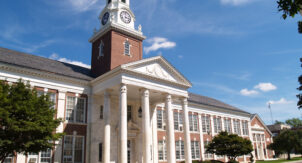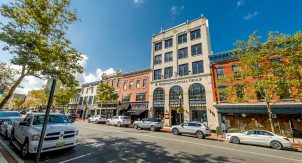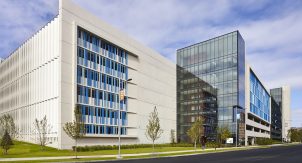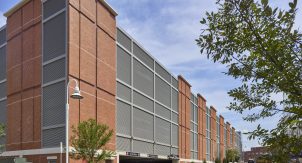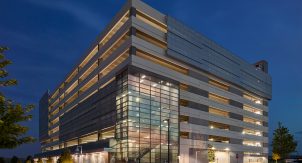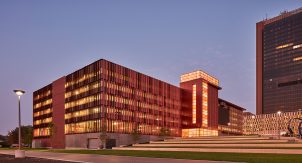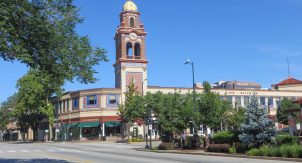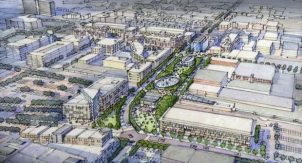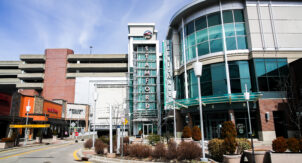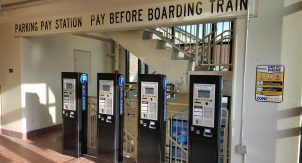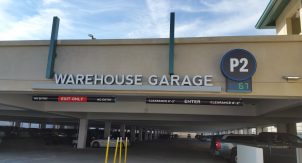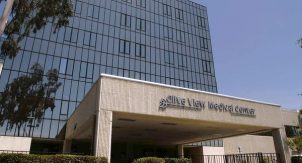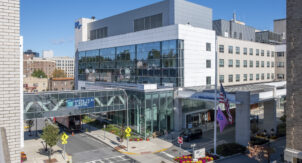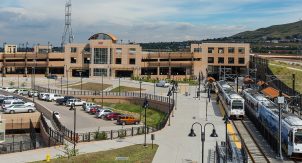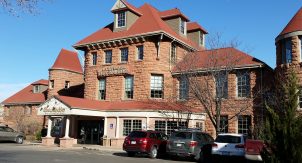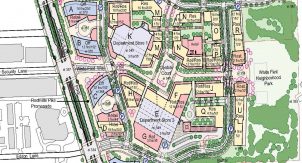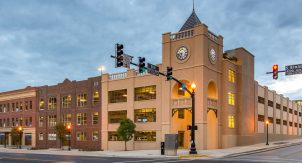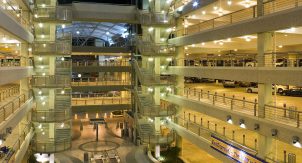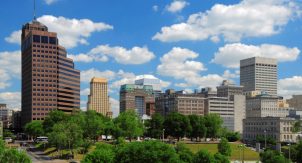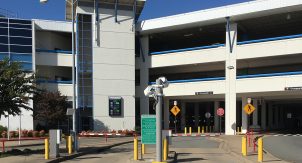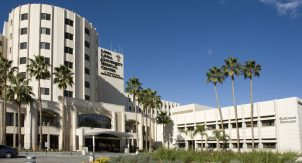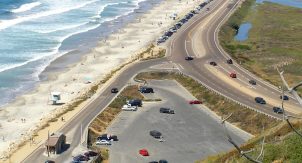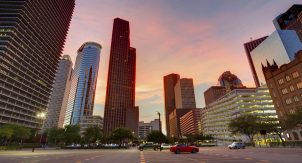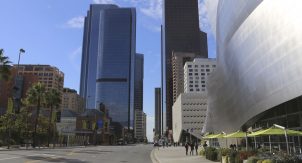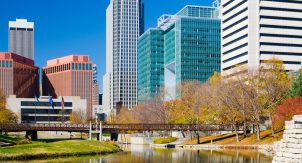Emory University Parking Permits
LOCATION
Atlanta, Georgia
Walker Consultants has worked with Emory University on a variety of parking, transportation, and restoration projects since 2007.
Walker was engaged with the University on a parking equipment upgrade project when the COVID-19 pandemic began, resulting in a sudden change in parking demand. Walker worked with Emory to use this equipment upgrade as an opportunity to evaluate its permit system and introduce new flexibility for its customers, both during and after the pandemic.
The University previously sold long-term parking permits, which were relatively simple to manage, but had several downsides. Pre-paying for an entire semester of parking encouraged single-occupancy vehicle trips and congestion on campus, working against the University’s environmental and sustainability goals. For customers, the cost of long-term permits could be prohibitive, and the available locations less than ideal. With the pandemic resulting in many employees and students only visiting campus occasionally, long-term permits were no longer ideal for customers.
A Strong Relationship
“Walker Consultants provides expert and cost-effective solutions. Emory has partnered with Walker on transportation studies, engineering analyses, and parking master planning services over the past few years. Their shared values for collaboration and partnership make for a strong client and consultant relationship.”
—Adele Clements, Senior Director of Transportation, Parking and Fleet Services, Emory University
Walker worked with Emory to switch from long-term permits to daily parking decisions. Parking privileges were also temporarily revamped to allow employees and students to park closer to their destination, reducing demand on the University’s shuttle system, which was operating with limited capacity during the pandemic. The decision to switch was made only two months before the beginning of the semester, and Walker worked with the University to set up the new program in only six weeks.
Emory is now prepared with the tools and structures it needs to further adapt its parking permit system as demand evolves after the pandemic. While no plans have yet been made, there will be opportunities for the University to strategically set pricing and privileges to distribute parking demand evenly through the system, improve the customer experience, and encourage use of shuttles, carpools, and transit. In the long term, this flexibility can also help the University ensure its parking system remains self-supporting.
Related Projects
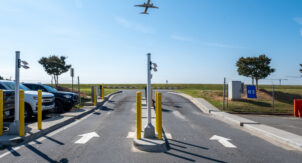
Charlotte, North Carolina
Charlotte Douglas International Airport (CLT)
Planning, Operations & Technology, Operations & Technology, Parking Design
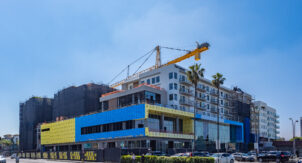
Los Angeles, California
Bloom on Third
Planning, Planning, Operations & Technology, Operations & Technology, Parking Design
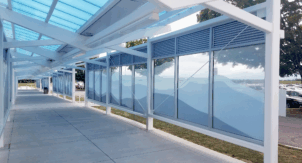
Roanoke, Virginia
Roanoke-Blacksburg Regional Airport
Planning, Operations & Technology, Operations & Technology
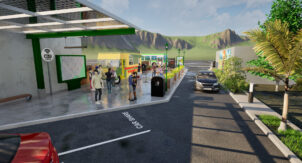
Fresno County, CA
Transit Microgrid and Multi-Modal Community Resiliency Hubs
Curb Management, Planning
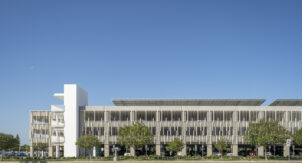
Fresno, California
Fresno-Yosemite International Airport
Structural Engineering, Planning, Operations & Technology, Operations & Technology
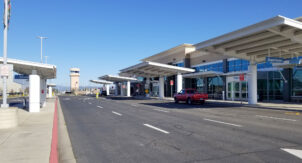
Medford, Oregon
Rogue Valley International Medford Airport Parking & Curb Mangement Plan
Curb Management, Planning
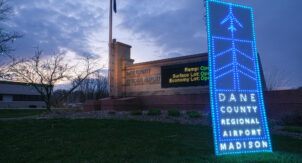
Madison, Wisconsin
Dane County Regional Airport Parking & Curb Management Study
Curb Management, Planning, Operations & Technology
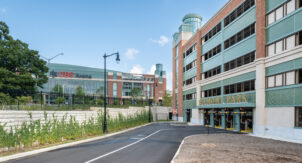
Elmont, New York
Belmont Park Arena
Curb Management, Planning, Operations & Technology, Parking Design
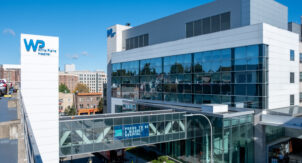
White Plains, New York
White Plains Hospital Center
Parking Structure Restoration, Planning, Operations & Technology, Parking Design
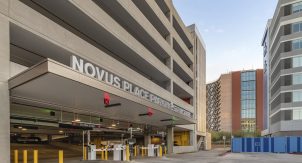
Tempe, Arizona
Novus Place Parking Structure, Arizona State University
Operations & Technology, Parking Design
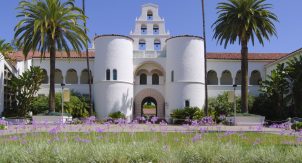
San Diego, California
San Diego State University Permit Structure and Pricing Model Study
Financial Feasibility, Planning
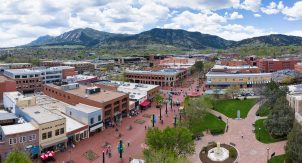
Boulder, Colorado
City of Boulder Access Management and Parking Strategy Implementation
Curb Management, Planning

Greensboro, North Carolina
Piedmont Triad International Airport
Restoration Consulting, Operations & Technology
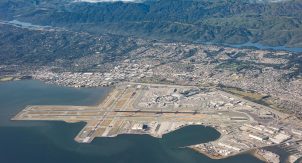
San Francisco, California
San Francisco International Airport Automated Parking Guidance System
Operations & Technology
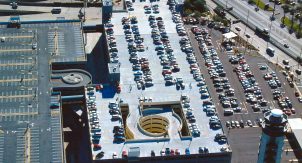
New Orleans, Louisiana
Louis Armstrong International Airport Parking and Shuttle Operator RFP
Operations & Technology
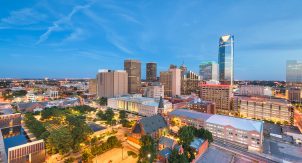
Oklahoma City, Oklahoma
Central Oklahoma Transportation and Parking Authority Audit
Operations & Technology
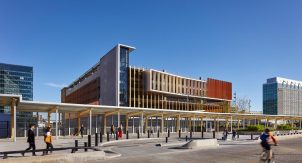
Boston, Massachusetts
South Boston Waterfront Transportation Center
Planning, Operations & Technology, Parking Design
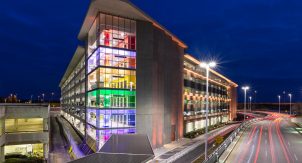
Nashville, Tennessee
Nashville International Airport Terminal Garage
Operations & Technology, Parking Design

San Francisco, California
San Francisco Municipal Transportation Agency PARCS
Operations & Technology, Parking Design
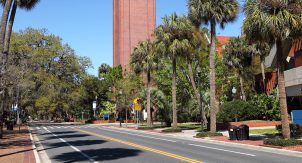
Gainesville, Florida
University of Florida Privatization Study
Financial Feasibility, Operations & Technology
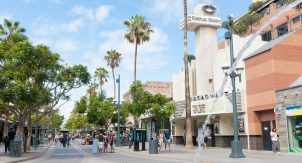
Santa Monica, California
City of Santa Monica Downtown Parking Plan
Financial Feasibility, Planning, Operations & Technology

Pittsburgh, Pennsylvania
Pittsburgh Parking System Long-Term Concession Agreement
Financial Feasibility, Operations & Technology
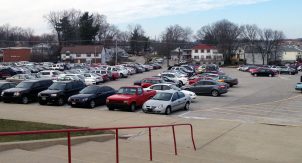
Bloomington, Indiana
Indiana University Parking System
Financial Feasibility, Operations & Technology
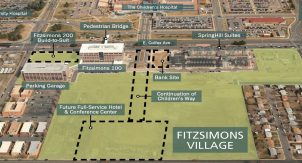
Aurora, Colorado
Fitzsimons Village Hotel and Conference Center
Financial Feasibility, Planning, Operations & Technology
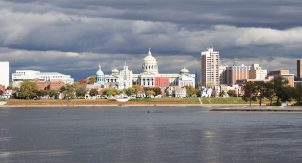
Harrisburg, Pennsylvania
City of Harrisburg Public-Private Partnership
Financial Feasibility, Operations & Technology
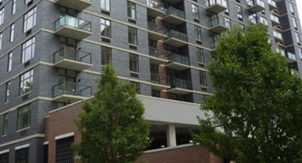
Long Island, New York
2-26 50th Avenue Development Financial Study
Financial Feasibility, Operations & Technology
© 2026 Walker Consultants. View our Privacy Policy
- Services
- Markets
- Our Work
- News & Insights
- About Us
- Our People
- Our Offices
- Ann Arbor, MI
- Atlanta (East), GA
- Atlanta (West), GA
- Austin, TX
- Boston, MA
- Charlotte, NC
- Chicago (Loop), IL
- Chicago (West), IL – HQ
- Dallas, TX
- Denver, CO
- Fort Lauderdale, FL
- Houston (East), TX
- Houston (West), TX
- Indianapolis, IN
- Irvine, CA
- Kalamazoo, MI
- Kansas City, MO
- Los Angeles, CA
- Minneapolis, MN
- New York, NY
- Philadelphia, PA
- Phoenix, AZ
- Pittsburgh, PA
- Salt Lake City, UT
- San Francisco, CA
- Seattle, WA
- Tampa, FL
- Washington, DC
- Contact Us
- Careers
